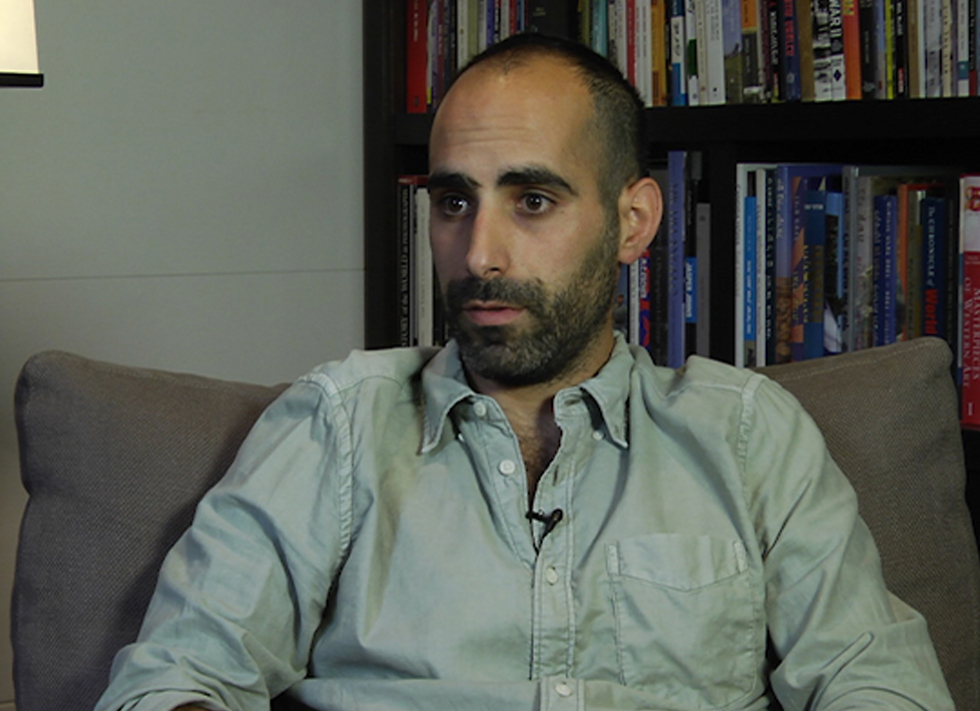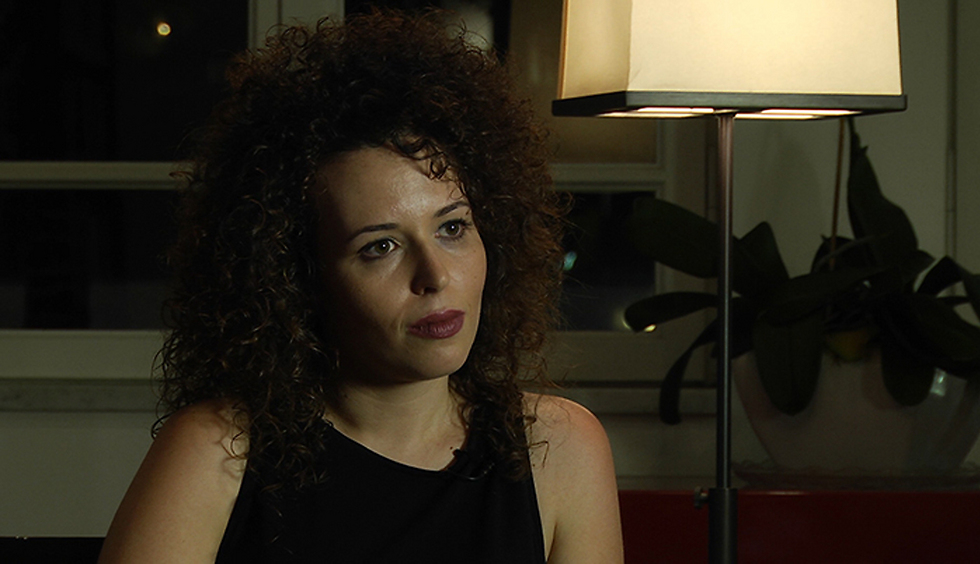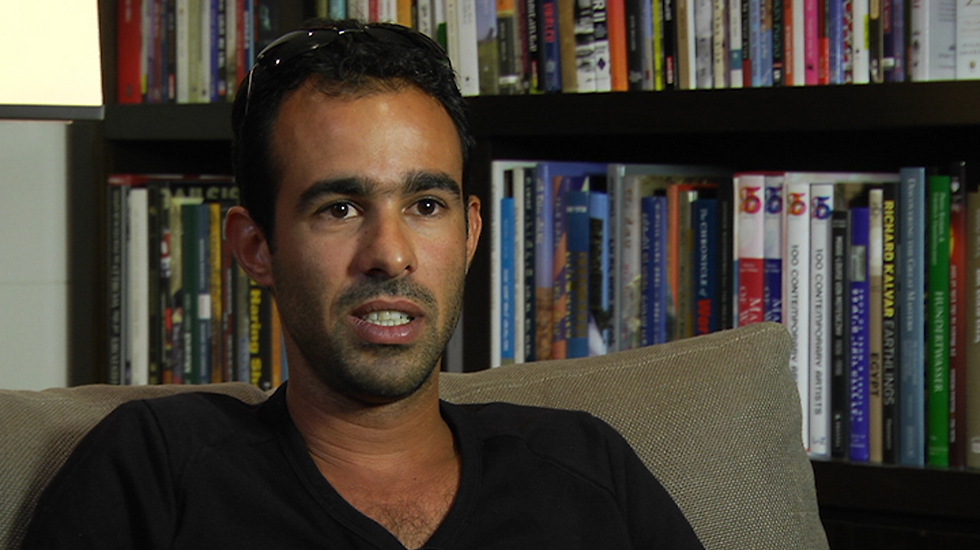Resisim is an organization which helps Israelis express their feelings and emotions after wars; It turns out, its not just soldiers on the front lines who are directly affected by the fighting.
Shlomi Askira is the CEO of Project Resisim, an Israeli group leading the dialogue on the IDF, warfare, and bereavement. The project’s volunteers challenge the culture of silence surrounding battle trauma and call on the Israeli public to examine the effects of war on Israeli society and to advance a culture of sharing and processing war experiences.
Askira served as a division commander in the Nahal Brigade during the Second Lebanon War and was part of a unit that was sent in to rescue injured soldiers during the Battle of Wadi Saluki. Although ten years have passed since the end of that battle, it is still with him every day.
“One of the memories which stayed with me is receiving a call on the radio saying that another group was hit, and that there were dead and wounded. I was taking one of the bodies of the soldiers out of the warzone on a stretcher. When we lifted the stretcher up, one of his red boots hit me in the head. It was something which really affected me, and I feel like I’m experiencing it to this day,” Askira said.

The Resisim volunteers collect, listen, and record the stories of these soldiers and their families with the belief that sharing these stories will have an impact on the personal, social, and cultural levels. Additionally, the project organizes ceremonies on Israel’s Memorial Day and has a running club which meets once a week in Jerusalem
Speaking to the Resisim Project was the first time that Askira felt that he was able to share his story.
“Resisim doesn’t deal with post-traumatic stress disorder (PTSD), because that’s a medical condition. We deal with the wider population , those who lived through battle, who don’t have any medical conditions and who weren’t physically injured. I am not diagnosed with PTSD. But I do go to therapy, and I know how to fully express that my experiences in battle do indeed affect me.”
Askira added, “There is a taboo in Israeli society—people are worried to say ‘I need help’ out loud. They feel that they don’t have anywhere to speak, because maybe they weren’t war heroes who received state recognition or medals, or because they weren’t physically injured, or because they weren’t on the front lines.”
Reut Stoller, 28, was an IDF educator in the Egoz Special Forces unit. Two months after she enlisted, the Second Lebanon War broke out, and she was moved to a new role: going to all the funerals of all of the soldiers who died during the war, heading the funerary processions, and laying a wreath on the grave of the soldier. Ten years afterwards, she still deals with the feelings from the difficult memories of those funerals.

“No one thought to ask that it’s like to be an 18-year-old girl, standing on the moist, freshly dug soil, with yet another coffin and yet another wreath,” Stoller said. “To be the first one at the grave, to listen to more people crying, another ‘El male rahamim’ (Jewish funeral prayer), another time hearing the Yizkor memorial prayer. Going to the hospital in Nahariya and seeing the injured soldiers lying there with their thousand-yard stares on their hospital beds in their hospital gowns, still covered in blood from battle. The soldiers come back and don’t talk—because you’re not supposed to talk about what happened.”
Stoller’s story, the story of someone who wasn’t on the front lines but was still affected by war, of someone who still is nervous about talking about their feelings and about the pain they’ve been through, is one of the many consequences of the war on the human soul and the social imlications of this subject in Israeli society.
“You say to yourself, what did you go through? You didn’t go through anything,” Stoller continued. “Ten years after the war, I cry the same tears that I wouldn’t let myself cry then.”

Ravid Cohen, 27, served as a combat paramedic in the Gaza Division during Operation Cast Lead, where he dealt with dozens of injured. One of the most difficult experiences he had in the war was during a multi-casualty event involving dead and wounded. He still remembers and smells the battlefield and the screams of the wounded – the piles of used bandages and puddles of blood on the ground.
Cohen shared, “I always felt that the feelings I had were abnormal and irrational, and I was embarrassed by them. After I began to share my experiences, I understood that there are other people who feel like me, and that everything I felt was natural,” Cohen said.
As reported by Ynetnews
